« Features
Kettle’s Whistle: Confronting Inequity
The new media category of homemade journalism found renewed poignancy on spring 2011 when thousands of citizens, armed with mobile phones and cameras, joined the protests in Cairo and provided a vivid, non-official portrait of the ongoing revolution. The power of those images, as well as their earned reputation for painting an objective picture in the face of censorship, would have probably gotten lost or diluted with time if it hadn’t found a home in the form of Mosireen, a Cairo-based collective founded by a group of journalists, filmmakers and activists shortly before Hosni Mubarak’s removal from power. Mosireen, whose name is based on a play of the Arabic words for “Egypt” and “determination,” is the ultimate reflection of that country’s new political climate. As an inclusive, well-rounded, educationally oriented community center, it operates with the belief that the critics and reporters of today will be the historians of tomorrow, democratically inviting everyone willing to contribute to organize this street-level material into an archive designed to document a dramatic chapter in the history of the region. Its statement “Egypt’s march towards the future its millions demanded did not end with Mubarak leaving power, it began” is an indicator of the group’s awareness that a lot more work is in store, as the most recent developments have amply confirmed.
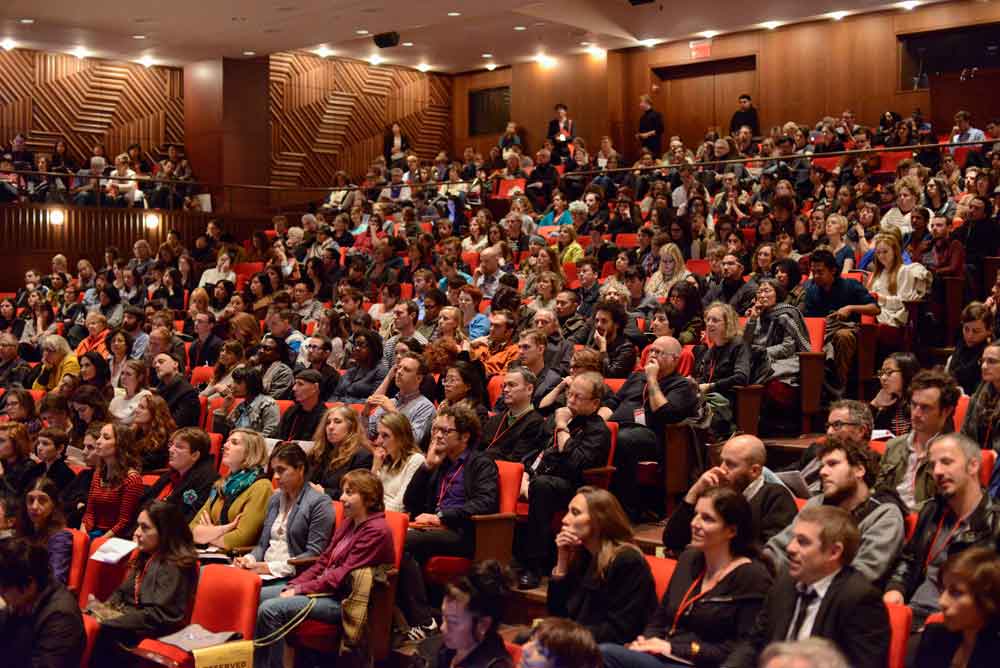
Creative Time 2012 Summit audience at NYU's Skirball Center. Photograph by Casey Kelbaugh, Courtesy Creative Time.
On the other side of the Red Sea, ever since its inception in 2001, The Israeli Center for Digital Art (ICDA) in Holon has been very outspoken about its distaste for the official politics of the country in which it is situated. Its mission statement deploys pretty strong language in this regard, wondering “how an art institute can reflect and react to volatile conditions of culture and politics” and “produce a critical approach to the oppressive power of the government.” The center made a point of offering a platform for thinking and debate in the Middle East, setting up exhibitions and residencies, running a strong educational program, partnering with active organizations battling for human rights and equal opportunities in the occupied territories, and building an exhaustive trans-regional video library, in which Palestine tellingly has its own entry in the countries directory.
These two institutions, which, at least in principle, have a great deal in common, made the news in New York last October on the occasion of “Confronting Inequity,” this year’s theme of the annual Creative Time Summit, when Mosireen announced its boycotting of the event because of its strong ties to the ICDA. The pairing of “a community of self-declared practitioners active in the field of social justice and socially engaged art practices exploring the impact of inequity across the globe,” as Creative Time defines itself, and the ICDA is, in Mosireen’s own words, “a gross contradiction of these stated values, if not outright hypocrisy. The ICDA makes clear on their website that they receive [governmental] support, and in doing so is at best complicit in, and at worst supportive of, the occupation and continued oppression of the Palestinian people. Calls for balance and bilateralism do not change this, they only serve to mask it.”
Mosireen is technically correct. Like every non-profit institution, the ICDA survives on public funding, including a small percentage from the local Ministry of Culture. Obtaining financial support from the very same authority you are questioning might look contradictory, but this is the way true democracies function. Government agencies are structures at the service of their citizens, regardless of the political ideas of their administrators. The ICDA, as a public space, is entitled to receive a portion of those funds. This does not preclude it, however, to continue sympathizing with the struggle endured by the Palestinians, to the point of being extremely vocal about the appalling living conditions in the West Bank and in certain peripheral areas of Jerusalem, and to complain about the lack of will in finding a political resolution to the problem. On the other hand, if viewed strictly from the perspective of Mosireen’s adherence to the BDS (Boycott Divestment and Sanctions) launched by the Palestinian Civil Society in 2005, this course of action was perhaps the only thing it could do.
This is not the place to discuss the ethics and validity of these positions. Subjects of such magnitude and complexity are way beyond the scope of a modest column in a contemporary art magazine. I want to know, at the risk of coming across as the cliché of the safely distant Westerner with rose-tinted progressive views, if this form of protest, translated into this specific context, can effectively work. The fundamental stance that you do not engage in any sort of intellectual exchange with the enemy, you fight it, is a bona fide principle. But doesn’t extending its application from the leadership to its own people as a whole mean practicing the very same discriminating concepts it declares war against? Internal dissent, just as nationalism, exists in every country on the planet. There are many individuals who would feel mortified at the idea of being associated with their ruling class by default. I, as an Italian, am one-a joke nation if there is any-and I’m sure many others, regardless of their degree of patriotism, can relate to the spirit of national self-criticism too. Mosireen’s reluctance to become a component of somebody else’s liberal education is understandable. There have been numerous episodes in the past in which these dialogue efforts have proved to be little more than self-serving exercises. Yet, what Mosireen and the ICDA have accomplished from this wrangle is at best to win the approval of those already on their respective sides, and at worst to reinforce the doubts of those who are not, while the Creative Time summit went on with business as usual.
The inclusion of an institution like the ICDA in a meeting about inequity is not about equating oppressors and oppressed, as Mosireen suggested. It is about trying to overcome a dramatically polarized scenario by establishing some common ground between those in both quarters who disagree with the situation. Hopefully, should another opportunity to meet soon present itself, Mosireen will reconsider.

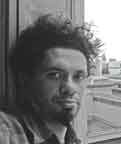
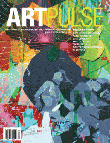
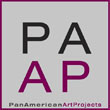
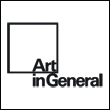


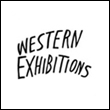
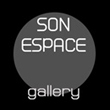
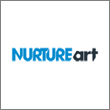



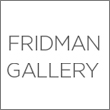

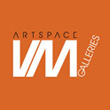
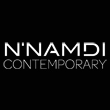

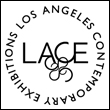
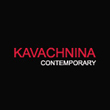



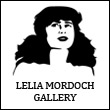


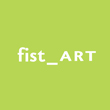


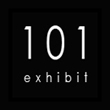

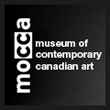
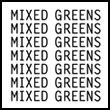

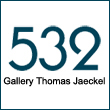

Leave a Reply
You must be logged in to post a comment.